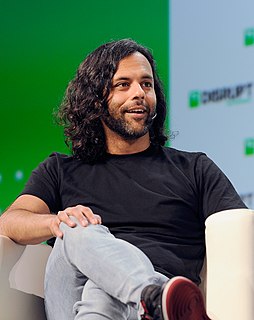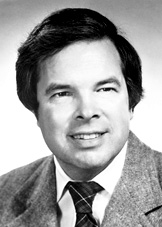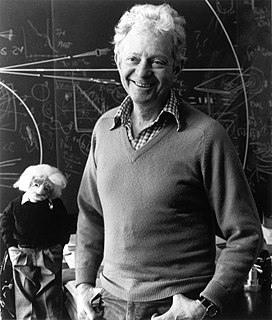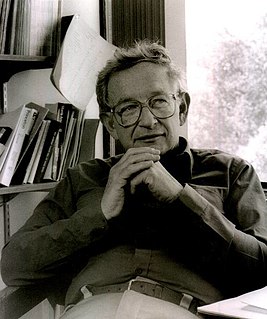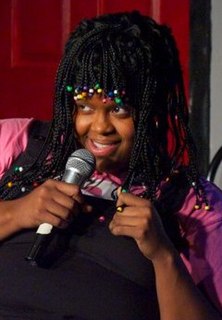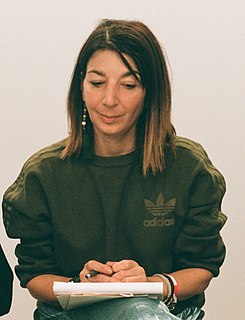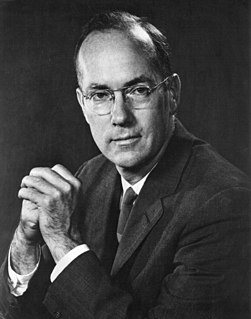A Quote by Baiju Bhatt
Brighter Than a Thousand Suns' by Robert Jungk and 'Surely You're Joking, Mr Feynman!' by Richard Feynman were both books my father purchased for me when I was in high school. Both left a lasting impression on me, because they chronicle the lives of some of the most creative scientists of the 21st century.
Related Quotes
When I entered graduate school I had carried out the instructions given to me by my father and had knocked on both Murray Gell-Mann's and Feynman's doors and asked them what they were currently doing. Murray wrote down the partition function for the three-dimensional Ising model and said it would be nice if I could solve it (at least that is how I remember the conversation). Feynman's answer was 'nothing'.
My parents inspired me by their example. They both grew up in the Depression, and both of them had to quit school when they were quite young to work, because there actually was no choice. So they've always impressed me with their resilience, their good spirits, their courage. I just remember them carrying on and just doing their lives. They really made a strong impression on me.
Feynman's cryptic remark, "no one is that much smarter ...," to me, implies something Feynman kept emphasizing: that the key to his achievements was not anything "magical" but the right attitude, the focus on nature's reality, the focus on asking the right questions, the willingness to try (and to discard) unconventional answers, the sensitive ear for phoniness, self-deception, bombast, and conventional but unproven assumptions.
My faith in the expertise of physicists like Richard Feynman, for instance, permits me to endorse—and, if it comes to it, bet heavily on the truth of—a proposition that I don't understand. So far, my faith is not unlike religious faith, but I am not in the slightest bit motivated to go to my death rather than recant the formulas of physics. Watch: E doesn't equal mc2, it doesn't, it doesn't! I was lying, so there!
I was born in Edinburgh, in Scotland, a few days after the end of the Second World War. Both my parents had left school at a very young age, unwillingly in my father's case. Yet both had deep effects on my education, my father influencing me toward measurement and mathematics, and my mother toward writing and history.
People often think of artists and scientists as being diametrically opposed, but we both believe something is possible. We have a hypothesis and then we do everything to make it possible, but we don't know if it's possible! All the scientists I've worked with have a natural, easy fit with me. The solutions they find are truly creative. All scientists, in some way, are artists.
